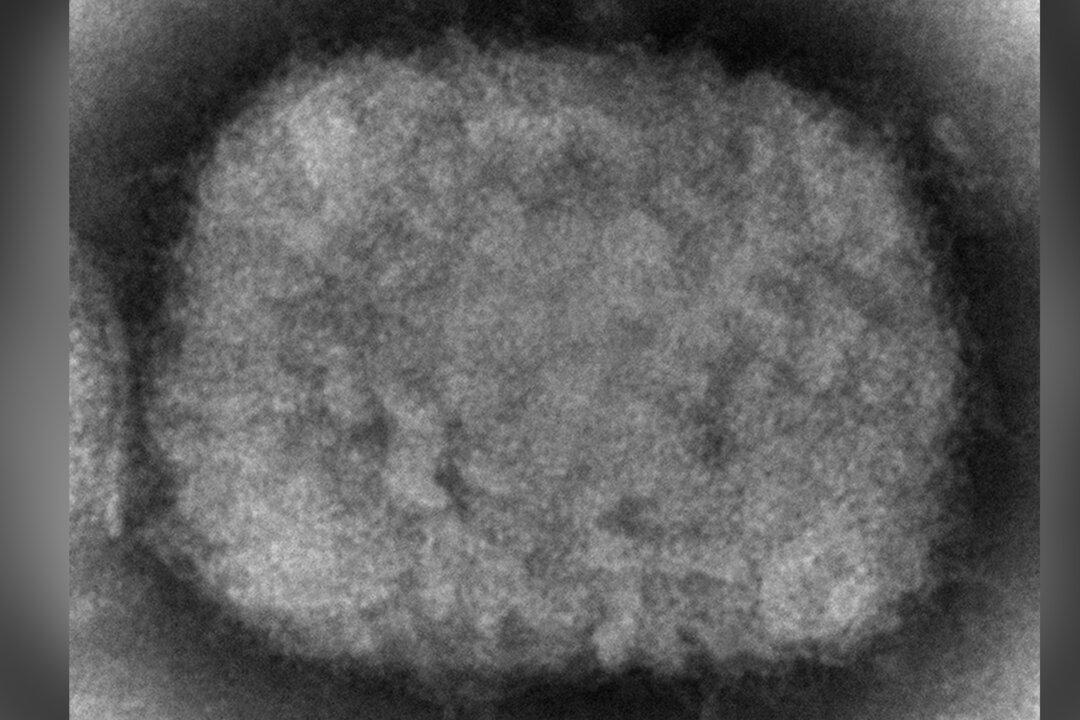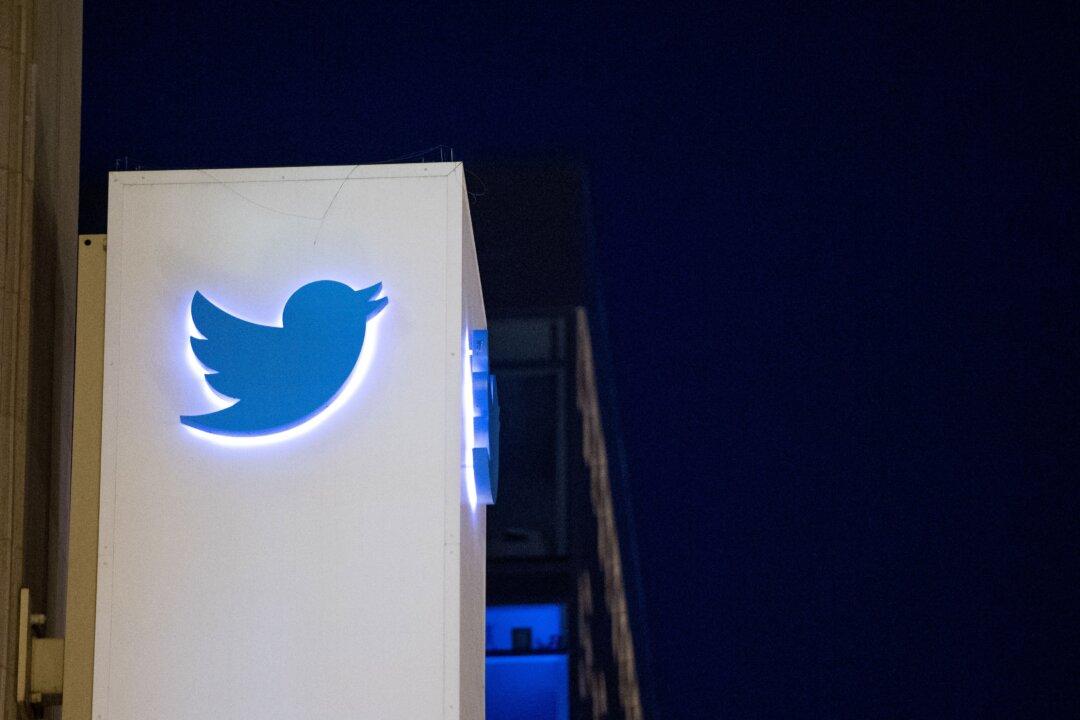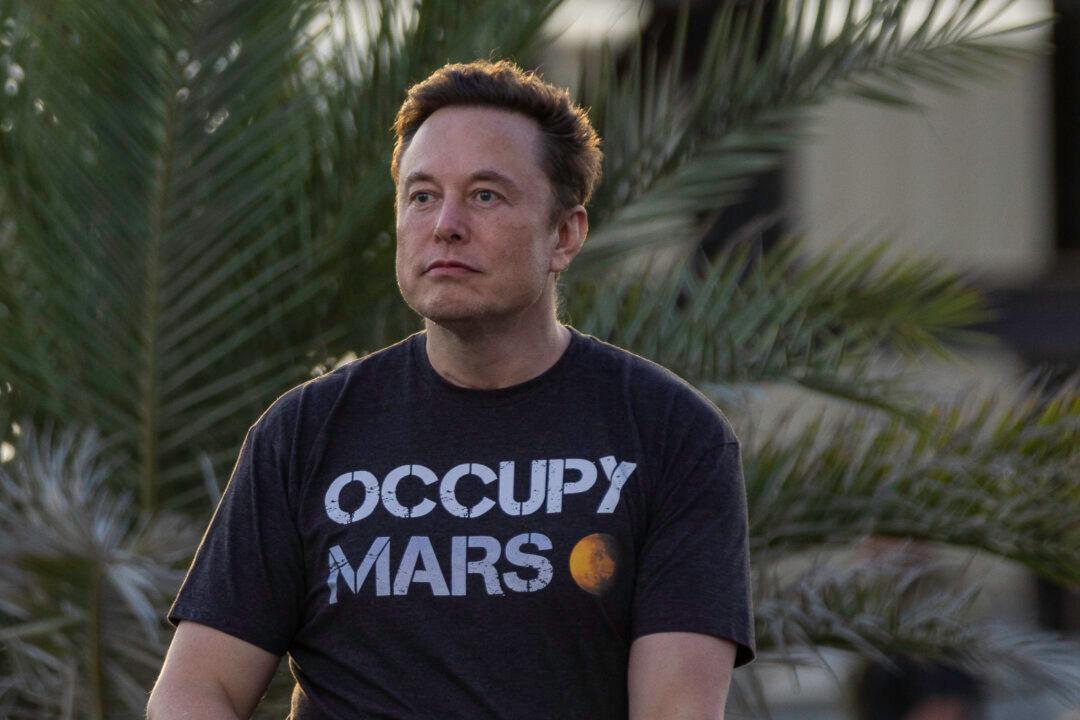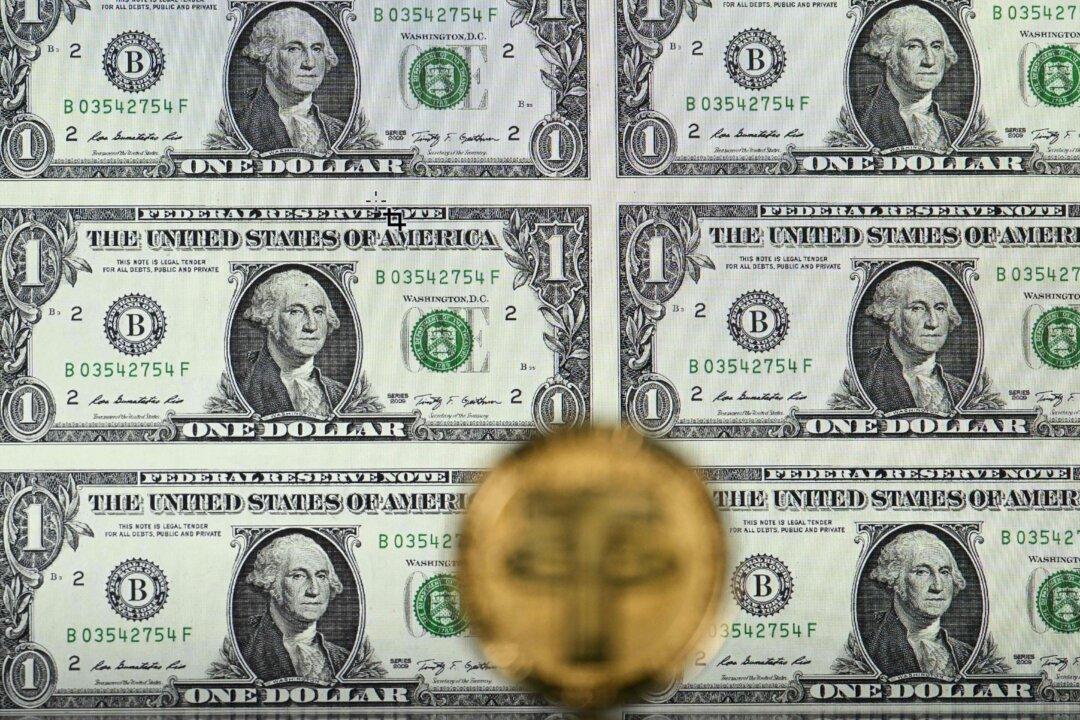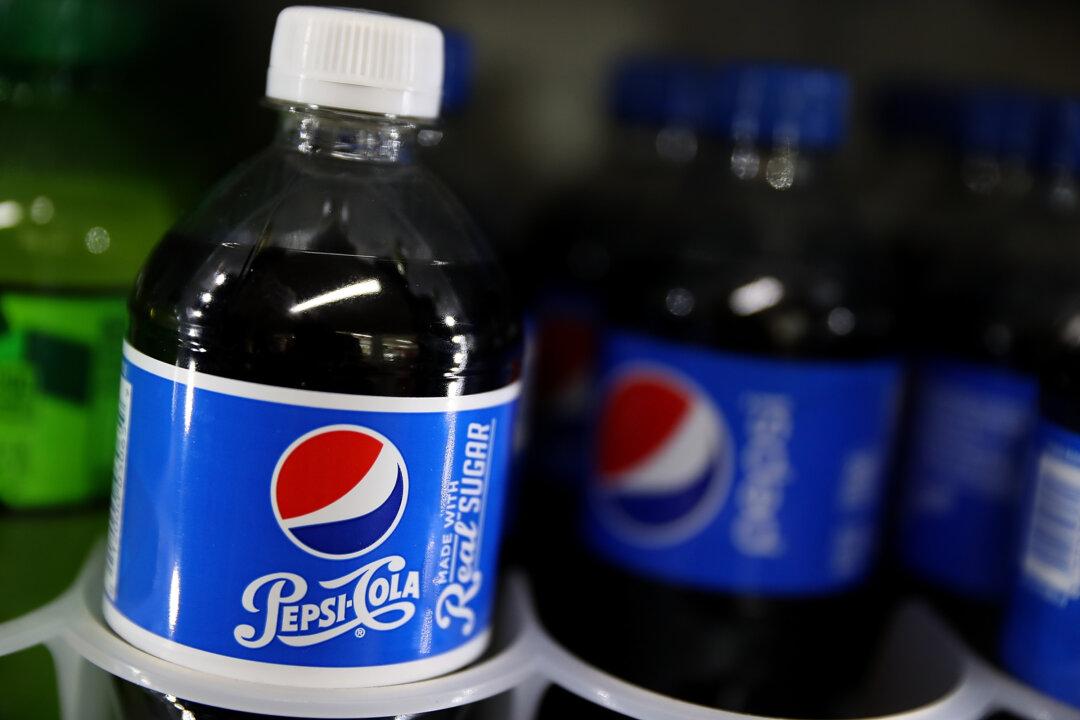Monkeypox was first discovered in the late 1950s after cropping up among monkeys kept for research. Like smallpox and chickenpox, it is characterized by flu-like symptoms and pus-filled blisters and sores that appear on the skin.
According to the Centers for Disease Control and Prevention (CDC), monkeypox also disappeared for decades with smallpox’s eradication in 1980.
